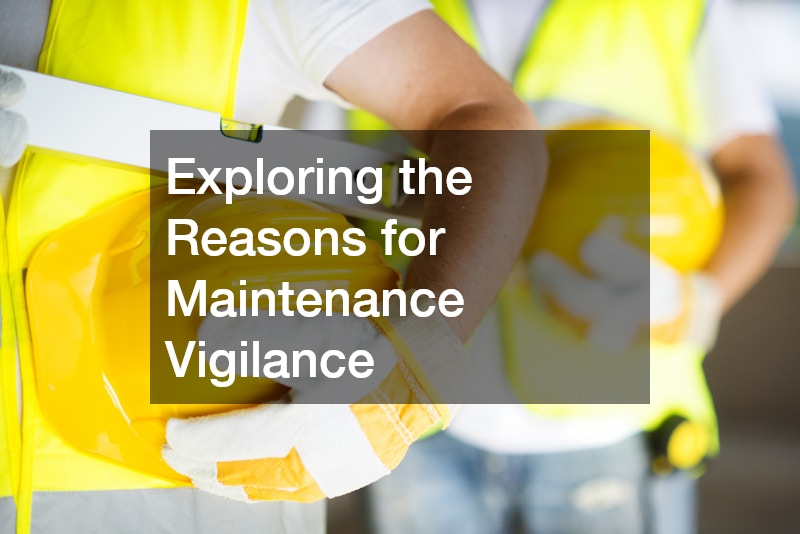
Getting the most out of your heating, air conditioning, and ventilation (HVAC) system requires regular maintenance and HVAC surge protection. Modern homes feature this electrical component, but if you own an older home, hire a certified electrician to install a surge protector for HVAC use or a whole home surge protector that can handle the HVAC load.
What does an HVAC surge protector do, you ask? Like other types of surge protectors, an HVAC power surge protector ensures that the heating and air comfort system doesn’t get overloaded during an electrical surge or a lightning strike. While not a do-it-yourself (DIY) job, your local electrician can handle HVAC surge protector installation for you.

While installation of this surge protector doesn’t fall under the category of HVAC maintenance, it does help your HVAC system last longer. But what about maintenance? What does your home’s HVAC system need to successfully operate over the long haul? Every homeowner should replace their HVAC system’s air filter each month.
Seasonally or at least once per year, have your HVAC service professional perform a full maintenance visit. A complete check-up of your HVAC system includes:
– Duct cleaning
– Fluid checks and top-ups
– System diagnostics.
If the service personnel note any problems with the system, they recommend repairs. If you okay the repairs, they typically make them immediately. Catching a problem before it becomes serious can alleviate major damage to your HVAC and home.
Exploring the Reasons for Maintenance Vigilance

Having an HVAC system will require you to do regular maintenance checks on it. It’s why you should consider signing up for a maintenance plan. Maintenance plans offer a lot of benefits including the reduction of any future malfunction of your HVAC system. Here are some of the benefits that come with getting a maintenance plan with your HVAC.
Low Energy Bills
An HVAC system that is not well maintained will lead to you accruing high electricity bills. This occurs when your HVAC system is not working efficiently and will therefore use more energy to ensure it works to keep you comfortable at whichever temperature you desire your home to be.
Lasts Longer
Performing regular maintenance checks on your HVAC system will make it last longer, therefore, making it cost-effective and diminishing the chance of you having to purchase a new heating and cooling unit before getting the most out of your current HVAC system. It will also help you avoid having to call in ac repair services every once in a while due to a malfunction in the air conditioning system.
The recommended time frame to have maintenance checks done on your HVAC system is twice each year during the spring and fall seasons. If you are installing an HVAC system for the first time, you should take your time inquiring more about HVAC technician and the various types of central heat and air units you could choose from. Alternatively, you could search the words “ac cooling and heating near me” to find contractors in your area who offer HVAC installations and maintenance checks.
Your home’s climate control system works hard year round to heat and cool your house to a comfortable degree. In fact, over two thirds of Southern homeowners run their air conditioning units all year round—and with expectations of our HVAC systems like that, it comes as no surprise that a healthy climate control system is a frequently serviced climate control system. The thought of calling out an electrical contractor every time you suspect a hiccup in your system is probably unappealing but, fortunately, most of the regular maintenance required by an HVAC system can be done by the homeowner.
Most of the HVAC system maintenance needs to be done in the spring and summer seasons, especially if you live in a four season climate. If you neglect these regular HVAC service tips, you could actually be costing yourself more money, as most well maintained heating and cooling units are not energy efficient and cause your energy bill to skyrocket.
Change your furnace filter. Changing your furnace filter is one of those pesky things that many people forget to do until their furnace is not functioning properly. Ideally, a disposable furnace filter should be replaced once a month; however, if you are forgetful, put a reminder on your calendar to at least change in the spring after the cold season is over. Clearing out this buildup keeps your furnace running efficiently, and taking care of it right after the season that demands the most out of your furnace means you can be furnace worry free until next winter. Some furnaces may come with permanent filtration systems, which should be rinsed off with a hose monthly as well.
Check on your outdoor units. How often do you check on your air conditioning units? If the answer is not until there is a problem with the units, you are probably costing yourself a lot of unnecessary repair costs. In the warm summer season, or if you live in a climate that is summer like all year round, it is important to perform a weekly or monthly diagnostic on your air conditioning. The units are, in fact, laboring very hard at this time of year, and it would likely be inconvenient to experience an air conditioning break down. Your electrical contractor would advise that debris and yard growth should be keep trimmed back to a two feet radius around the units; in fact, many homeowners choose to pour a concrete slab under their units to keep them clear of obstructions. This way, the units do not have to work as hard to pull air into the system past the plants, and pests and creatures are not attracted to their units and their wiring for nesting or chewing.
If you check on your outdoor units while they are running, listen for signs that they may need a commercial service. If you hear shuddering, rattling, or any other noises that indicate something is wrong, call your HVAC electrical contractor.
Pay attention to your energy bill. Your home’s energy costs are closely related to how much energy is being wasted by your HVAC system. For example, if you noticed that your bill is outrageously high in a cool spring month you didn’t run the air conditioning at all, but ran the heat for a few chilly evenings here and there, you may have an HVAC problem. Poor insulation, outdated machines, and leaks in HVAC seals and piping can all throw your energy dollars out the window.
You probably would have a lot of uncomfortable days in your home if it weren’t for your climate control system; just like the shingles on your roof and the pipes under your feet, your HVAC system can’t be the most efficient it can be with no maintenance effort from the homeowner. When in doubt, schedule a consultation with your local HVAC electrical contractor to find out what maintenance route is best for your home.
